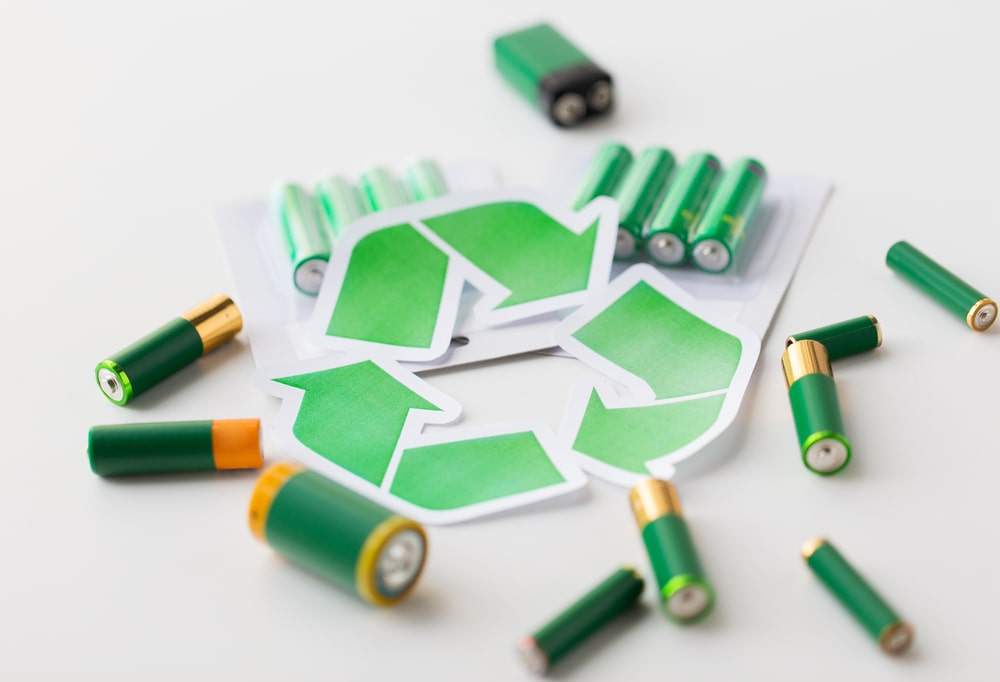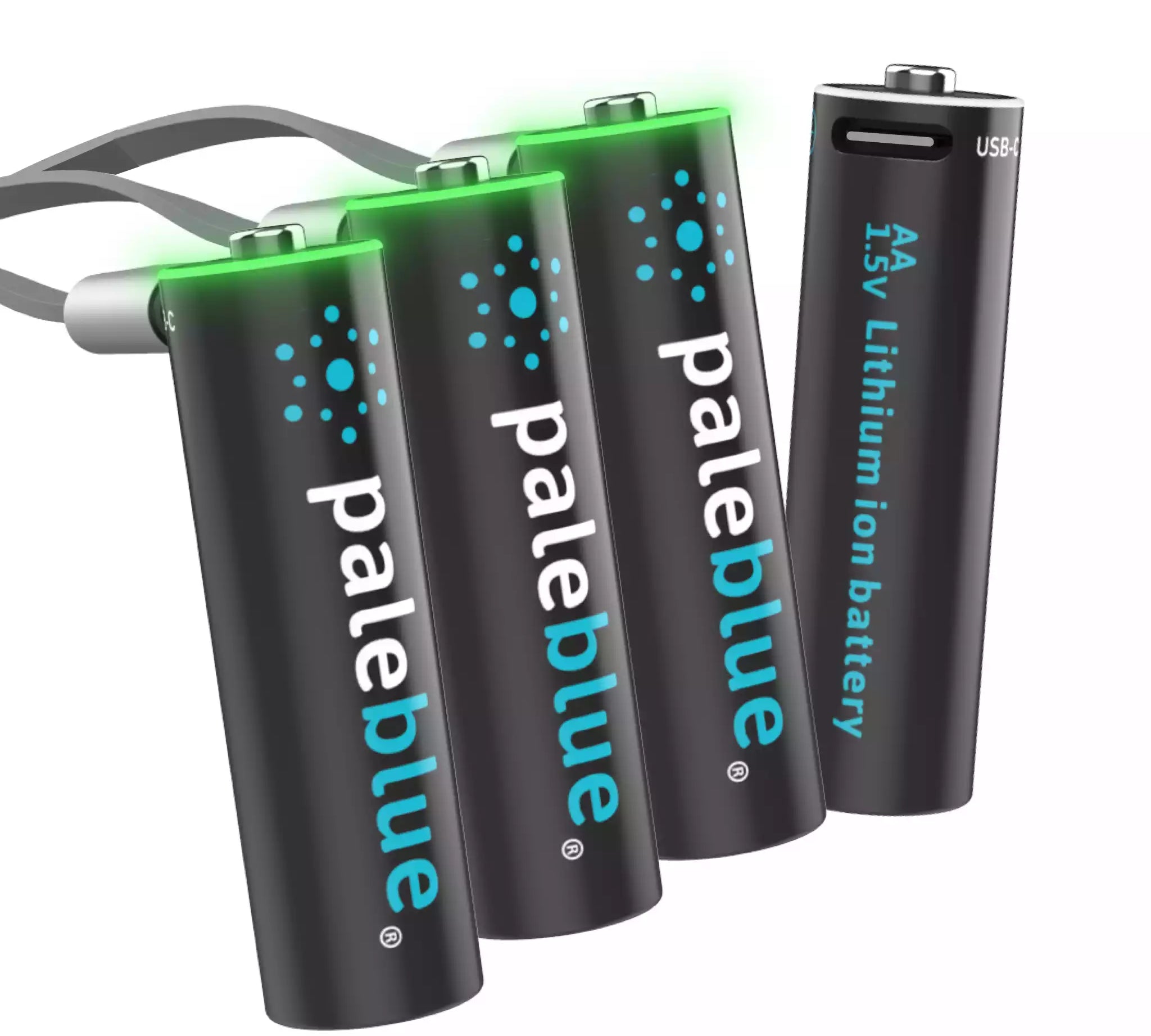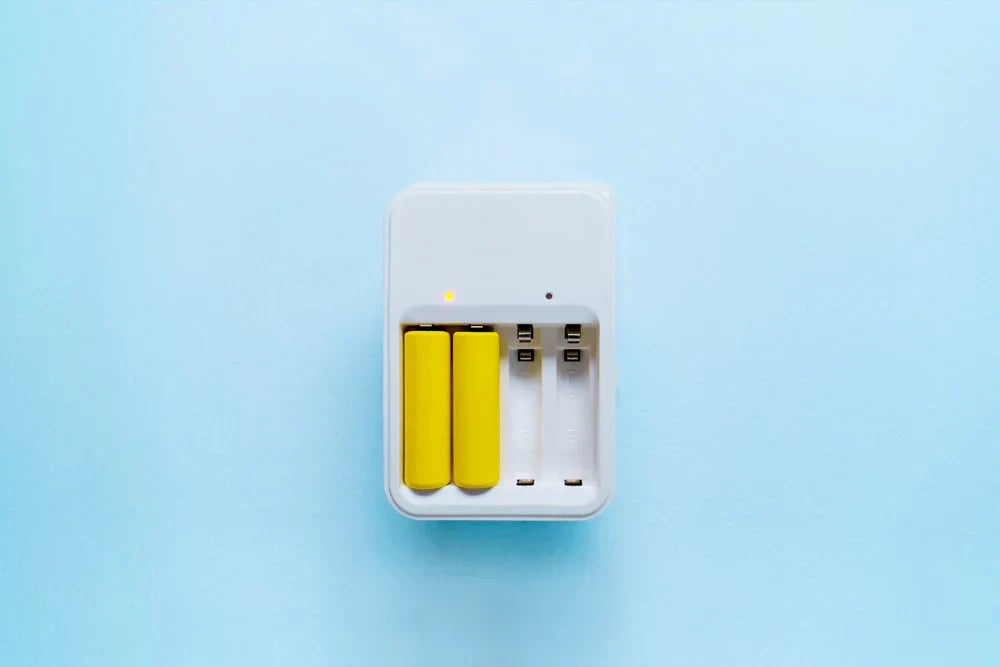Why Battery Recycling Guidelines Differ for Each State

Recycling really began to take off in the U.S. about 40 years ago. Prior to that time, people just threw everything into the trash. Now we are more likely to recycle at least basic things like paper and plastic. In most states you can recycle batteries as well.
The thing about recycling is that guidelines vary from one state to the next. There are not that many recycling regulations that apply across the country. We will explain why in this post. Just know that you can probably practice at least basic recycling in your state. Or perhaps your state has more comprehensive recycling guidelines that allow you to recycle even more.
Different State Recycling Guides
It is easy to look at something like recycling and wonder why Washington doesn't just come up with a national law. In reality, the federal government's power is limited by the Constitution. There is no constitutional authority for broad federal recycling regulation. As such, recycling is left to the states.
The fact that we have 50 states dictates that we are going to have different recycling standards. Some states are more restrictive about it than others. Some allow you to recycle just about everything under the sun while others limit recycling only to the basics. For purposes of illustration, we should probably look at some examples.
Battery Collection and Recycling
Federal law requires that commercial battery handlers recycle NiCad and lead batteries rather than dispose of them. This is why you cannot throw a spent car battery in the trash. Your trash hauler cannot legally dump that battery into a landfill. As such, you return an old car battery to the same store at which you purchase the new battery. They send it for recycling.
As for consumer batteries, federal regulations do not apply. We can legally throw them in the trash in most states. There are some states that appear to be more aggressive in collecting and recycling consumer batteries. According to Call2Recycle.org, the top five states in 2018 were:
- Vermont
- Delaware
- Georgia
- Minnesota
- California
At the bottom of the list were states like Arkansas, Hawaii, and Alabama. Note that the ranking was based on the physical weight of the batteries collected as compared to state population.
We know battery collection and recycling is a good idea and the trends appear to be going in the right direction. Still, recycling is not always convenient or economical. We believe that buying reuseable products can beat a recycling strategy. Consumers who switch from disposable alkaline batteries to rechargeable batteries can prevent a lot of waste and also save money in the process. The added convenience of having a charging port on Paleblue’s batteries has resulted in a lot more people finally making this change.
Other Recycling Standards
Batteries are only one component in the recycling equation. States differ in their approach to just about everything else as well. For example, Connecticut and Wisconsin are just two states that mandate the recycling of plastic water and soda bottles. There are at least half-a-dozen states with such laws in place.
If you have ever looked on the bottom of plastic packaging, you know that different types of plastic can be identified by a recycling number. That number makes a difference in municipal recycling programs. Consider a town in central Florida whose residents recycle plastics 1 and 7. They differ from an upstate New York city that recycles 1, 2, 5 and 7 plastics.
We have made great strides in recycling here in the US. However, guidelines differ by state because of the way our system of government is set up. In the absence of a single federal standard, it is up to the states and municipalities to figure out recycling for themselves.
Ready to make the switch? Check out Paleblue's USB Rechargeable Batteries here.
- Tags: Sustainability







